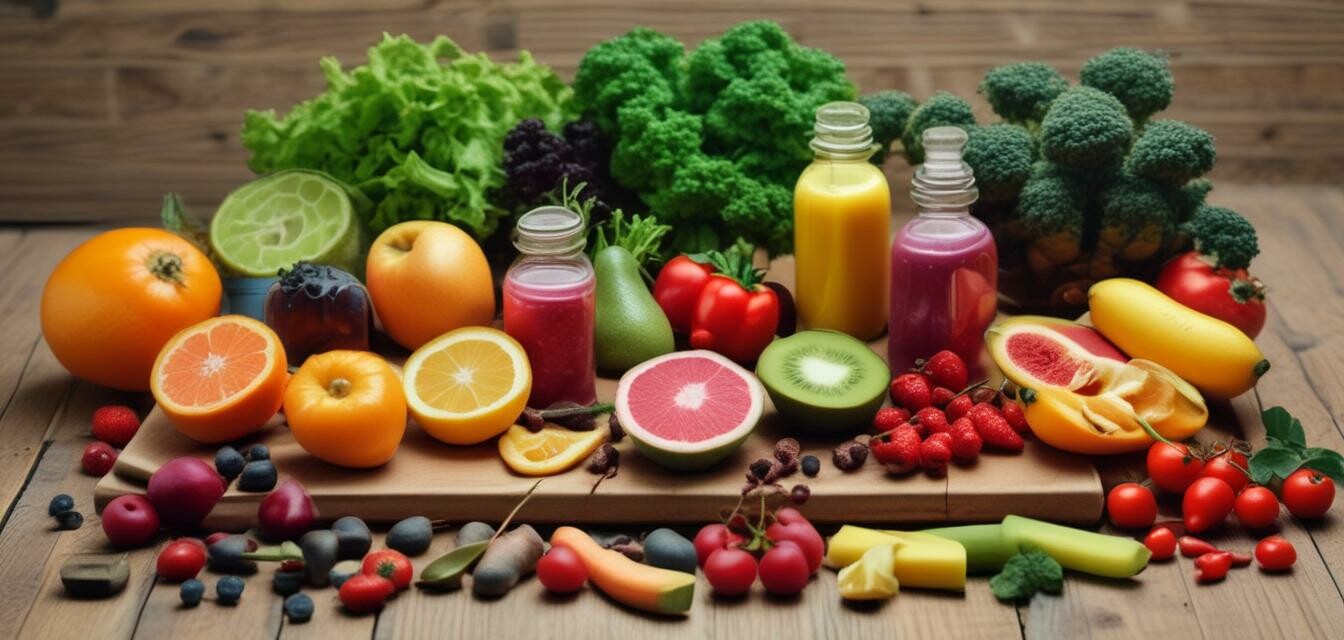
Vegan and Vegetarian Prenatal Vitamins: What You Need to Know
- Vegan and vegetarian prenatal vitamins can provide essential nutrients for expectant mothers.
- Key nutrients include folate, iron, calcium, and DHA.
- Consider certified-gluten-free options for food sensitivities.
- Subscription-based vitamin services can offer convenience and personalization.
- Consult with a healthcare provider to find the right fit for your dietary needs.
In recent years, there’s been a growing interest in vegan and vegetarian diets, particularly among expecting mothers. As they embark on their journey of motherhood, many wonder whether their dietary preferences will still allow them to receive essential nutrients during pregnancy. In this article, we will explore everything you need to know about vegan and vegetarian prenatal vitamins, essential nutrients, and how to ensure both you and your baby remain healthy throughout this exciting time.
What are vegan and vegetarian prenatal vitamins?
Vegan and vegetarian prenatal vitamins are specially formulated supplements that provide the essential nutrients necessary for a healthy pregnancy while adhering to plant-based diets. These vitamins ensure that you obtain the necessary folate, iron, calcium, omega-3 fatty acids, and other vital nutrients that may be lacking in a strictly plant-based diet.
Essential nutrients in prenatal vitamins
When choosing prenatal vitamins, it’s crucial to look for those that contain a variety of essential nutrients. Here's a breakdown of the key vitamins and minerals you should look for:
| Nutrient | Importance | Best Sources |
|---|---|---|
| Folate | Supports fetal development, especially the brain and spinal cord | Leafy greens, beans, and fortified cereals |
| Iron | Prevents anemia and supports increased blood volume during pregnancy | Legumes, spinach, and fortified plant-based proteins |
| Calcium | Supports the development of the baby’s bones and teeth | Fortified plant milks, tofu, and leafy greens |
| DHA (Docosahexaenoic acid) | Essential for brain and eye development | Algal oil and fortified foods |
Choosing the right vegan and vegetarian prenatal vitamins
Selecting the right prenatal vitamin can be confusing given the variety available on the market. To streamline your search, consider the following tips:
Tips for choosing vegan and vegetarian prenatal vitamins
- Check for third-party testing for quality assurance.
- Look for vitamins that are certified gluten-free if you have sensitivities.
- Consider chewable options if swallowing pills is difficult.
- Explore subscription-based vitamin services for convenience.
- Read reviews and consult with a healthcare provider for recommendations.
Popular vegan and vegetarian prenatal vitamin brands
While there are numerous brands available, here are some popular options that cater to vegan and vegetarian diets:
- Brand A - Known for its high-quality ingredients and effectiveness.
- Brand B - Offers flavorful chewable options and a variety of essential nutrients.
- Brand C - Prides itself on using whole-food sources for vitamins and minerals.
Where to buy vegan and vegetarian prenatal vitamins
You can find a wide range of prenatal vitamins through various channels. Here are a few places to consider:
- Online retailers and health stores
- Subscription-based vitamin services
- Local health food stores
- Major pharmacies
Conclusion
Vegan and vegetarian prenatal vitamins are an essential part of a healthy pregnancy for mothers maintaining plant-based diets. By ensuring you receive adequate nutrients like folate, iron, calcium, and DHA, you can support both your health and the healthy development of your baby. Remember to consult with your healthcare provider to tailor your vitamin intake to your individual needs, making your pregnancy journey as smooth and healthy as possible.
Pros
- Provides essential nutrients for pregnancy
- Supports dietary preferences and restrictions
- Available in a variety of forms to suit different needs
Cons
- Some brands may lack certain nutrients
- Not all products are third-party tested
- Cost may be higher compared to non-vegan prenatal vitamins
